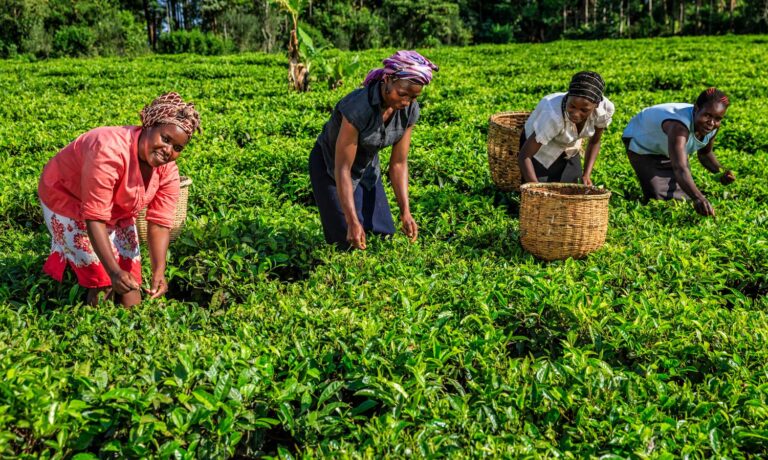Introduction to the Agricultural Landscape in Malawi
Malawi is one of the countries most heavily reliant on agriculture, with over 80% of the population engaged in farming. This dependency emphasizes the urgent need for innovative solutions to enhance productivity and ensure food security.
The Role of AI in Agriculture
Artificial Intelligence (AI) is transforming various sectors, including agriculture, by providing data-driven insights. These insights help farmers make informed decisions on crop management and resource allocation.
Precision Farming Techniques
AI-driven precision farming techniques focus on optimizing field-level management regarding crop farming. These techniques allow Malawian farmers to use resources more efficiently and sustainably.
Data Collection and Analysis
Through satellite imagery and IoT devices, farmers can gather vital data about soil conditions and weather patterns. Leveraging this data enables farmers to forecast yields and identify issues before they escalate.
Innovative Programs Supporting Farmers
Several organizations are spearheading initiatives to equip Malawian farmers with AI-driven technologies. The focus is on integrating technology into traditional farming practices to enhance overall productivity. For more information, visit Borgen Project.
Training and Capacity Building
Training programs aimed at educating farmers on the use of AI tools are essential for the successful adoption of these technologies. Such initiatives ensure that farmers fully understand how to utilize these innovative solutions effectively.
Community-Based Approaches
Community engagement is crucial for the sustainable implementation of AI in agriculture. By working together, farmers can share resources and knowledge, enhancing their resilience in the face of challenges.
Conclusion: A Brighter Future for Malawian Agriculture
Empowering Malawian farmers through AI-driven agricultural solutions is not just beneficial; it is essential for the country’s development. With the right tools and support, these farmers can significantly improve their livelihoods and contribute to food security.

